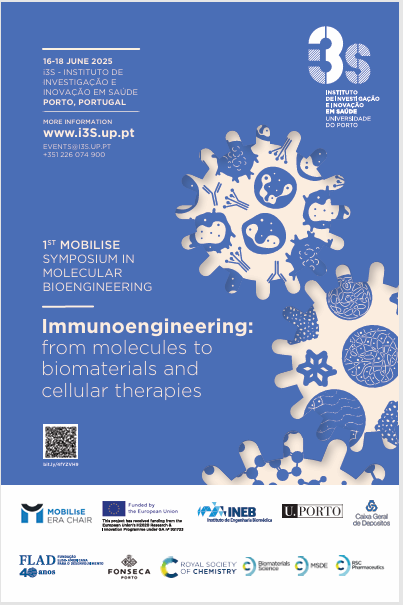MOBILIsE 1st Symposium in Molecular Bioengineering
16-18 June 2025 | i3S, Porto
Immunoengineering: from molecules
to biomaterials and cell therapies
Welcome
The 1st Symposium in Molecular Bioengineering, the inaugural symposium of the MOBILIsE project, will be devoted to Immunoengineering.
This symposium will bring scientists across bioengineering exploring biomolecular engineering tools and techniques to manipulate immune function for clinical translation in cancer, infection and regenerative medicine.
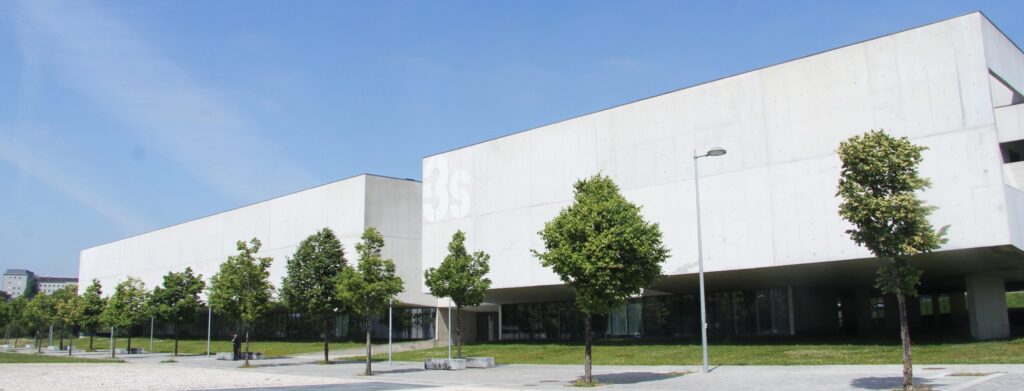

The meeting will be held at the i3S – Instituto de Investigação e Inovação em Saúde, University of Porto, in Porto, Portugal,
Rua Alfredo Allen, 208; 4200-135 Porto, Portugal
Tel: +351 226 074 900 | E-mail: events@i3s.up.pt
GPS coordinates: 41º 10’ 30.008’’ N, 8º 36’ 12.488’’ W
Topics
Immunoengineering
Immunomodulatory Biomaterials
Immune-based Medicines
Peptide-based Immunotherapies
Nanobiomaterials for novel vaccines
Synthetic Immunity
Regenerative Medicine
Immuno-oncology
Infectious Diseases
Autoimmune Diseases
Nano Bioengineering
Immune Sensors
Cell Reprograming
Immune Cells Rewire
Speakers and round table participants
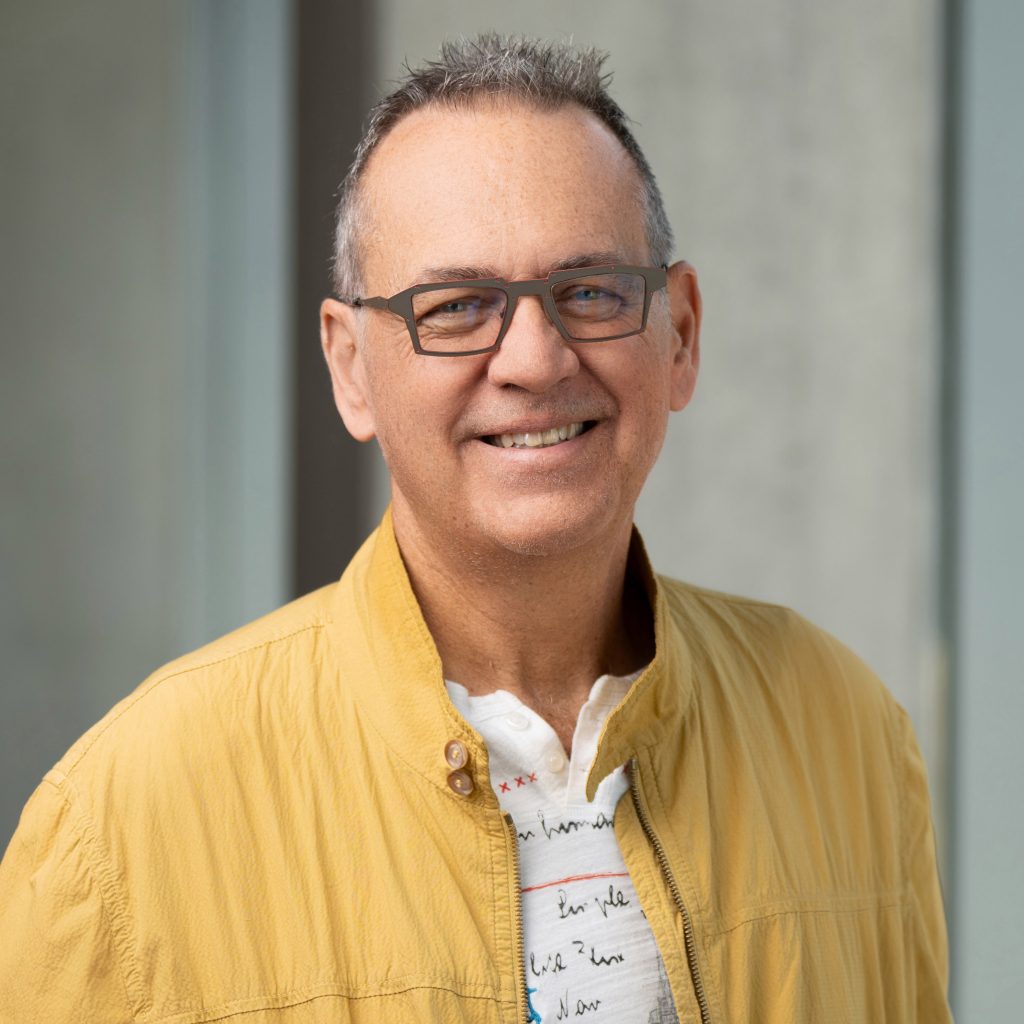
Jeffrey A. Hubbell
Tandon School of Engineering, New York University, USA

Jeffrey A. Hubbell
Tandon School of Engineering, New York University, USA
- Professor of Chemical and Biomolecular Engineering, Tandon School of Engineering
- Professor of Biology and Chemistry, Faculty of Arts and Sciences
- Professor of Biochemistry and Molecular Pharmacology, NYU Langone Health
- Vice President Bioengineering Strategy
Jeffrey Hubbell is launching an initiative at New York University of build the translational biosciences across New York University, between engineering, the basic sciences, and medicine. Prior to moving to New York, he was at the University of Chicago, helping build Immunoengineering in the Pritzker School of Molecular Engineering. He was previously on the faculty of the Swiss Federal Institute of Technology Lausanne (EPFL, where he served as founding Director of the Institute of Bioengineering and Dean of the School of Life Sciences), the Swiss Federal Institute of Technology Zurich (ETH Zürich) and University of Zurich, the California Institute of Technology, and the University of Texas in Austin. He was elected to the US National Academy of Engineering in 2010, the National Academy of Inventors in 2014, the National Academy of Medicine in 2019, and the American Academy of Arts and Sciences in 2021, and the National Academy of Sciences in 2023. He trained in chemical engineering at Kansas State University (BS) and Rice University (PhD).
With more than 400 papers and 100 issued patents, Hubbell uses biomaterials and protein engineering approaches to investigate topics in regenerative medicine and immunotherapeutics. In regenerative medicine, he focuses on biomaterial matrices that mimic the extracellular matrix and on growth factor-extracellular matrix interactions, working in a variety of animal models of regenerative medicine. In immunotherapeutics, he focuses on nanomaterials in vaccines that target lymphoid-resident antigen presenting cells, on protein engineering to modulate the tumor microenvironment and materials engineering to induce anti-tumor immunity, and on protein and materials engineering approaches to deliver antigen to the liver for inverse vaccines to induce tolerance to protein drugs, modulate allergy, and ameliorate autoimmunity.
Personal page: READ MORE >>
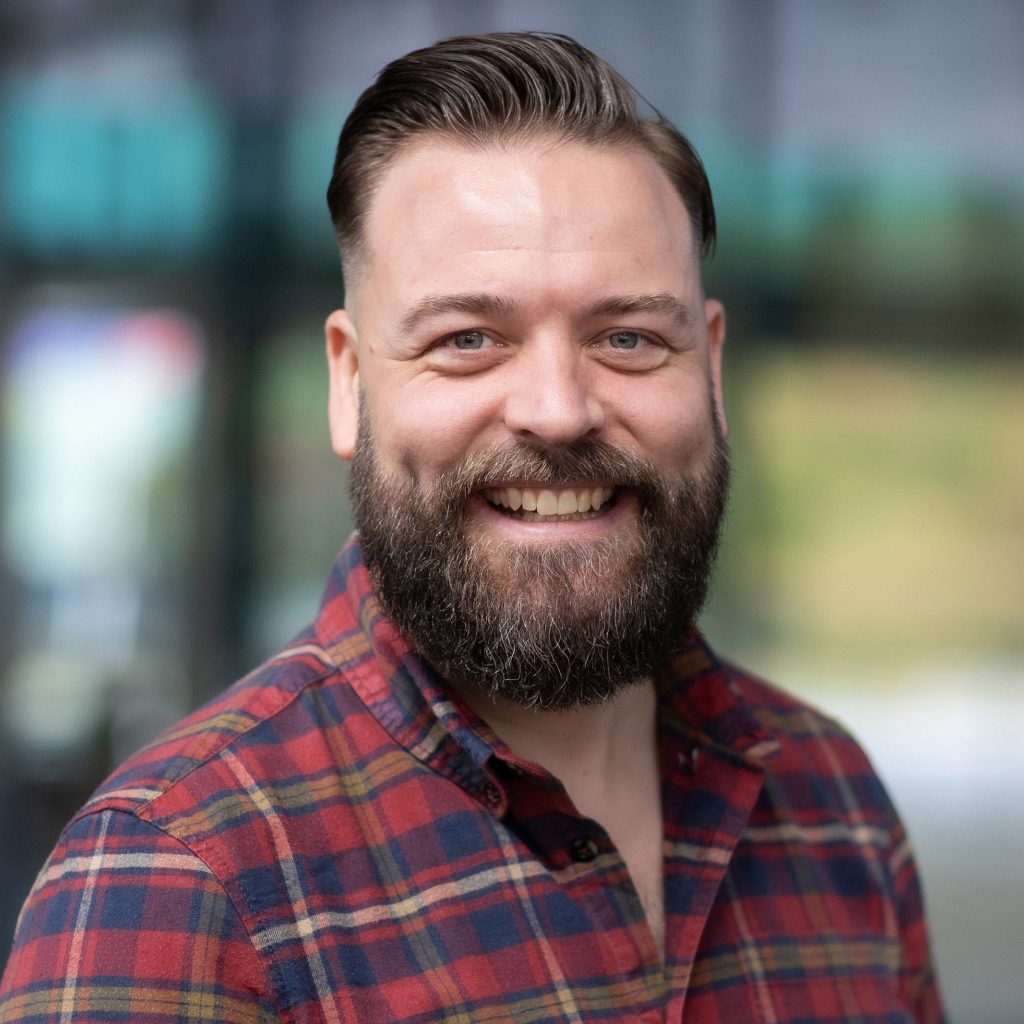
Roy van der Meel
Eindhoven University of Technology, NL

Roy van der Meel
Eindhoven University of Technology, NL
Personal page: READ MORE >>
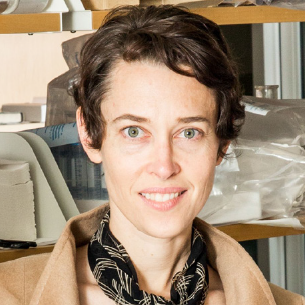
Jennifer H. Elisseeff
Translational Tissue Engineering Center, Johns Hopkins University, USA

Jennifer H. Elisseeff
Translational Tissue Engineering Center, Johns Hopkins University, USA
- Chair of Chemical and Biomolecular Engineering
- Founder, Translational Tissue Engineering Center
Dr. Elisseeff is a Professor of Biomedical Engineering and Chair of the Department of Chemical and Biomolecular Engineering. Her early work focused on the development of biomaterials for studying stem cells and designing regenerative medicine technologies for application in orthopedics, plastic and reconstructive surgery, and ophthalmology. After translation of regenerative biomaterial research, Dr. Elisseeff’s lab is now focused on elucidating the role of the adaptive immune system and senescence in tissue repair and how it is influenced by aging, diet, microbiome and sex differences. She was elected a Fellow of the American Institute of Medical and Biological Engineering, the National Academy of Inventors, a Young Global Leader by World Economic Forum. In 2018, she was elected to the National Academy of Engineering and National Academy of Medicine. In 2019 she received the NIH Directors Pioneer Award. In 2022 she was elected as a fellow of the American Academy of Arts and Sciences and in 2023 a member of the National Academy of Sciences and a fellow of the American Academy of Arts and Sciences.
Personal page: READ MORE >> Elisseeff Lab page: READ MORE >>
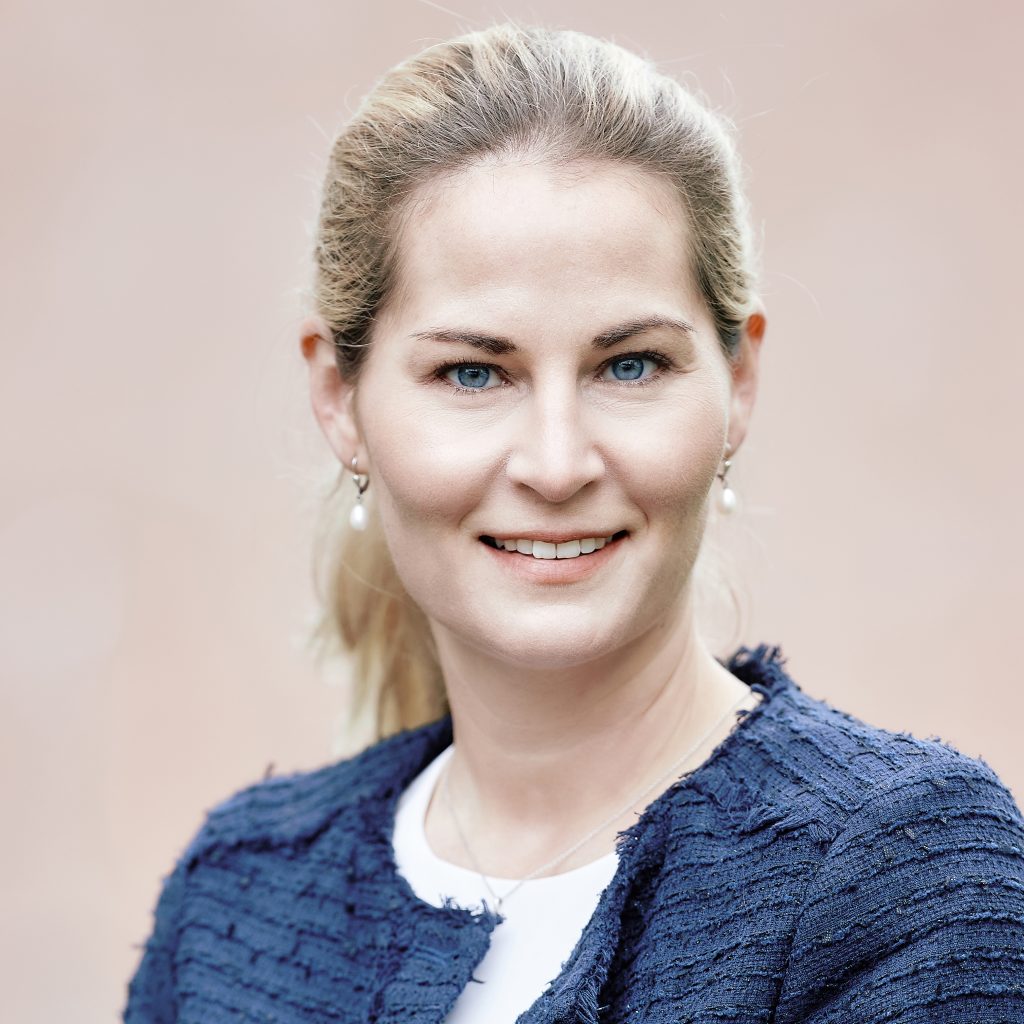
Juliane Walz
University Hospital Tübingen, Dep. of Peptide-based Immunotherapy, DE

Juliane Walz
University Hospital Tübingen, Dep. of Peptide-based Immunotherapy, DE
Personal page: READ MORE >>
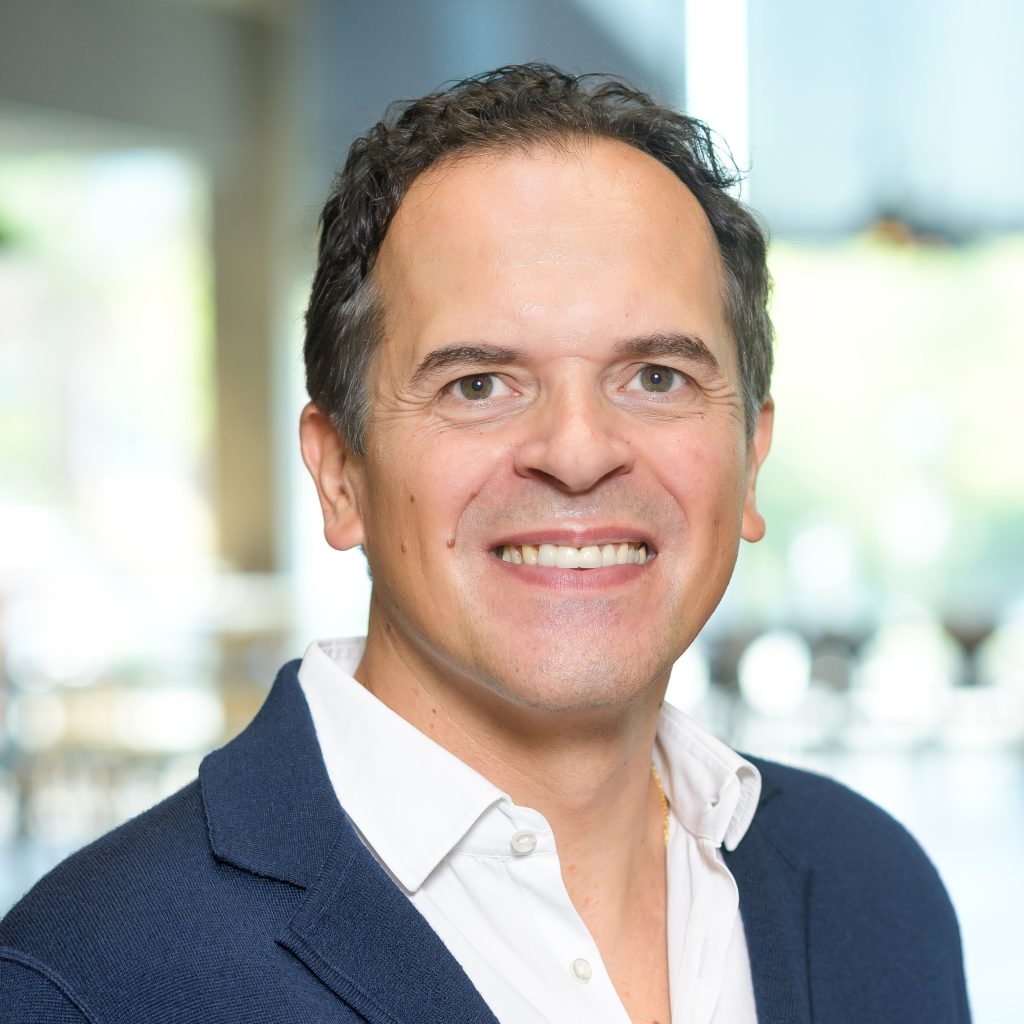
Filipe Pereira
Lund Stem Cell Centre; Centre for Molecular Medicine, Lund University,SE

Filipe Pereira
Lund Stem Cell Centre; Centre for Molecular Medicine, Lund University,SE
For the last 20 years, he has contributed to the fields of cellular reprogramming and hematopoietic specification. Dr. Pereira received his Ph.D. at Imperial College London where he established cell fusion and heterokaryons to study mechanisms of reprogramming towards pluripotency. During his postdoctoral training at the Icahn School of Medicine at Mount Sinai in New York, he brought cellular reprogramming concepts to hematopoiesis for the first time. Dr. Pereira started his independent group at Lund University in 2017 and has uncovered new mechanisms underlying hematopoietic reprogramming and definitive hematopoiesis specification. He pioneered cellular reprogramming approaches in immunology by inducing dendritic cells from fibroblasts and cancer cells. This conceptual shift opened exciting opportunities to merge cellular reprogramming and cancer immunotherapy. Dr. Pereira co-founded Asgard Therapeutics, which received 36 million Euros of investment from leading European VCs to translate in vivo dendritic cell reprogramming to benefit cancer patients.
For his scientific accomplishments and innovation efforts, he received several notable scientific awards, including ERC Consolidator and Proof-of-Concept Grants, Swedish Research Council Consolidator Grant, Novo Nordisk Foundation Distinguished Innovator Grant and the entrepreneurship award from Mount Sinai-KiiLN. Dr. Pereira is a fellow of the Swedish Wallenberg program in Molecular Medicine and Editor-in-Chief of the journal Cellular Reprogramming. He was also awarded the prestigious Swedish Fernström Prize for young and promising researchers, the Pfizer-Portugal award for basic research, the Imperial College Emerging Alumni Leader Award 2025 and a medal of merit from his hometown in Portugal.
Personal page: READ MORE >> Asgard therapeutics: READ MORE >>
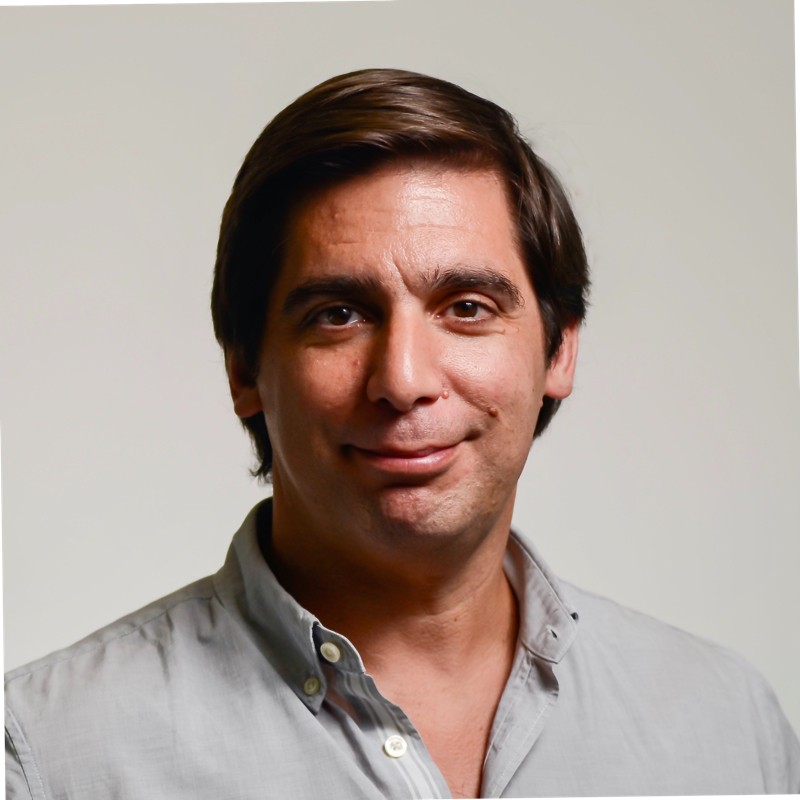
Pedro Madureira
Immunethep, PT

Pedro Madureira
Immunethep, PT
Pedro Madureira has graduated in Biochemistry at the Faculty of Sciences of the University of Porto (FCUP) and obtained his PhD in Biomedical Sciences at the Instituto de Ciências Biomédicas Abel Salazar (ICBAS) of the same university.
Personal page: READ MORE >> Immunethep: READ MORE >>
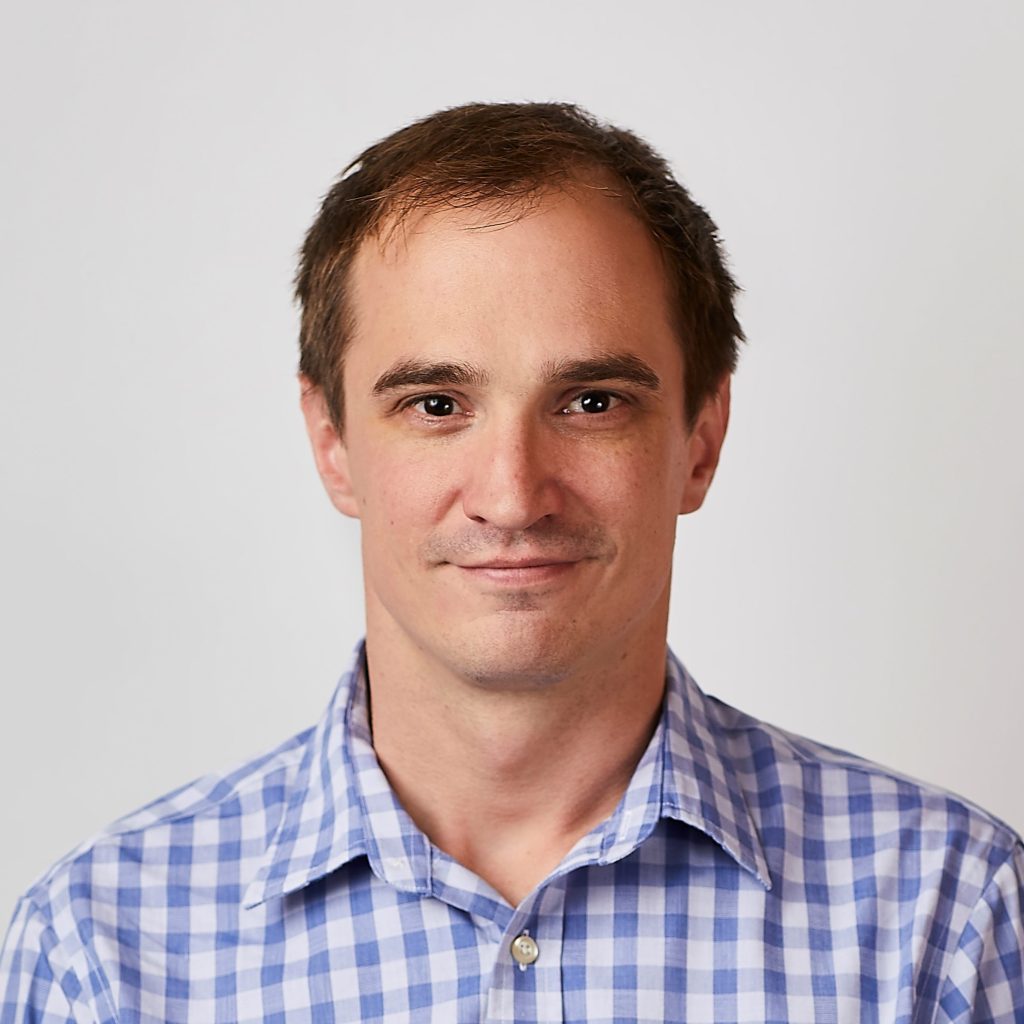
Dario Venetz
Roche Innovation Center Zurich. Roche, CH

Dario Venetz
Roche Innovation Center Zurich. Roche, CH
READ MORE >>
Personal page: READ MORE >>
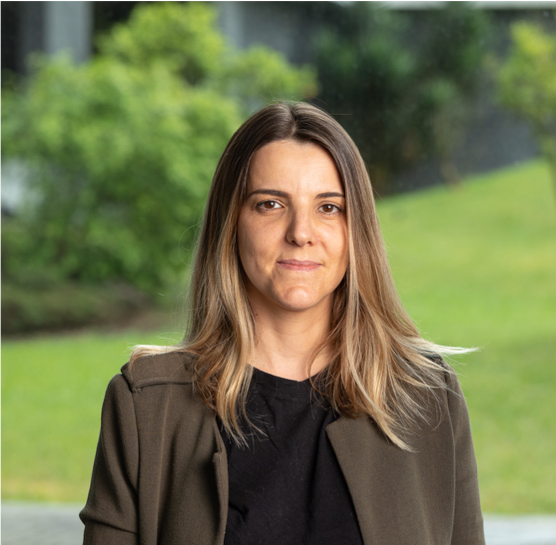
Susana Monteiro
ICVS/3B’s, University of Minho, PT

Susana Monteiro
ICVS/3B’s, University of Minho, PT
Personal page: READ MORE >>
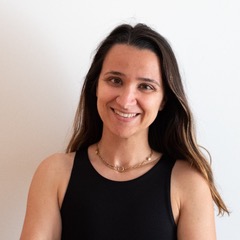
Rita Acúrcio
Faculty of Pharmacy, University of Lisbon, PT

Rita Acúrcio
Faculty of Pharmacy, University of Lisbon, PT
Personal page: READ MORE >>
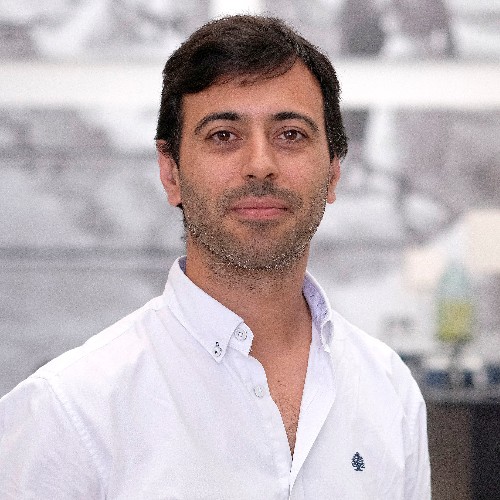
Sérgio Chacim
Portuguese Oncology Institute of Porto (IPO-P), E.P.E., PT

Sérgio Chacim
Portuguese Oncology Institute of Porto (IPO-P), E.P.E., PT
Personal page: READ MORE >>
Local organising and scientific committee
Helena Azevedo | Molecular Biomaterials Group, i3S
Bruno Sarmento | Nanomedicines and Translational Drug Delivery Group, i3S
Maria José Oliveira | Tumour and the Microenvironment Interactions, i3S
Rui Pereira | Molecular Biomaterials Group, i3S
Carla Cunha | Molecular Biomaterials Group, i3S
Susana Santos | Stem Cells in Regenerative Biology and Repair, i3S
Silvia Ferreira | Bioengineered 3D Microenvironments, i3S
Elva Bonifácio | Immunobiology, i3S
Mariana Simões | MOBILIsE, i3S
Registration
Registration is closed!
REGISTRATION fee
Students: 250 € | Others: 350 €
Registration fee includes: Coffee breaks and Lunches, Welcome cocktail, and Networking dinner. Abstract book, name badge, and certificate of attendance.
The Networking Dinner is covered by the registration fee but requires sign-up. Please make sure to select this option when registering! Accommodation is not included in the registration fee.
PRESENTATIONS and submission of ABSTRACTS
Abstract submission is closed!
Please submit your Abstract HERE – Abstracts should be written in English and structured according to the following Abstract Template; Posters should be in portrait format 90 x 120 cm.
Sponsors and Support
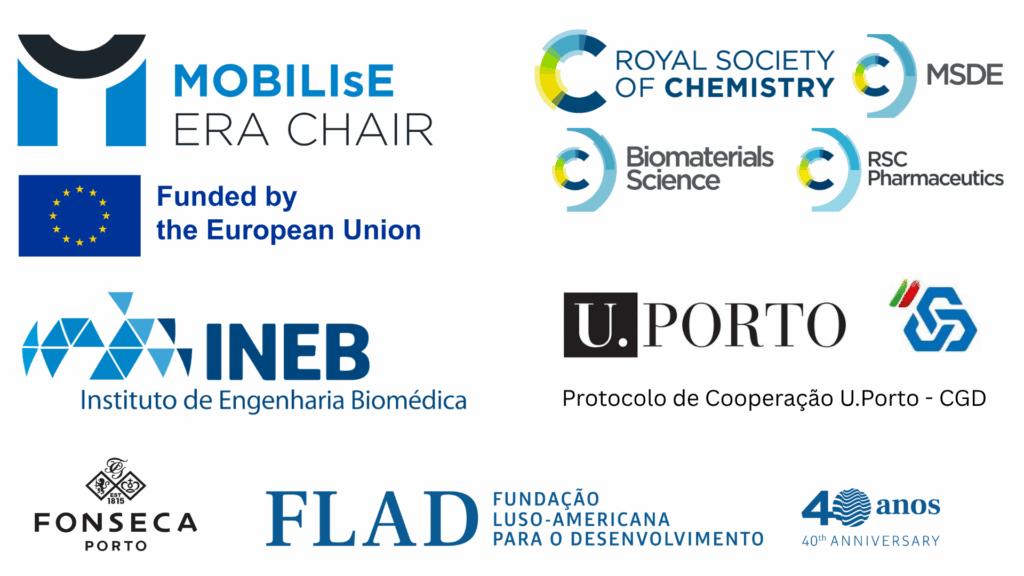
More information
Events Management Unit | Rua Alfredo Allen 208 | 4200-135 Porto, Portugal
Email: events@i3s.up.pt | Tel: +351 226 074 900
